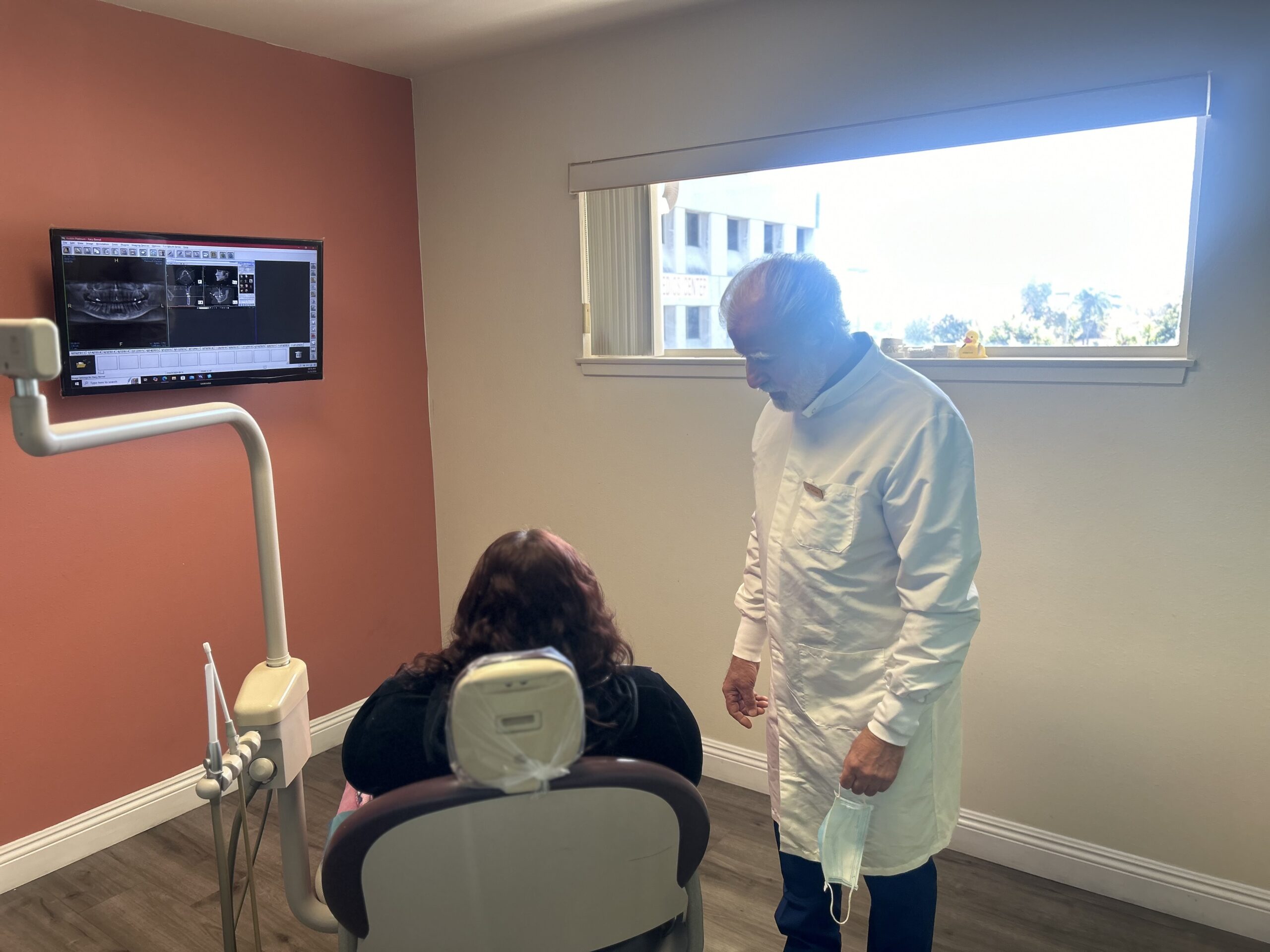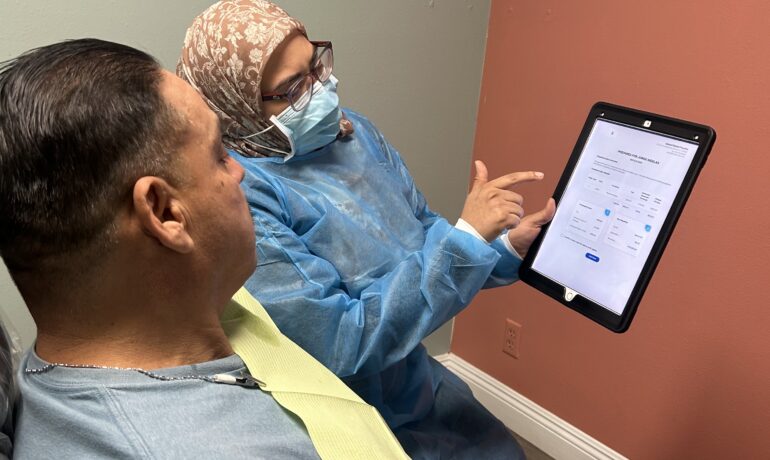Periodontists consider dental implants as if not the most effective, one of the most reliable and long-lasting solutions for replacing missing teeth.
Not only do they offer a new set of natural-looking teeth, but they also improve your ability to eat, speak, and maintain proper oral health.
However, dental implants can still lead to failure and be at risk of infection without proper care. To ensure their longevity and avoid possible complications, it’s essential to learn about some do’s and don’ts after your implant procedure.
Fortunately, we’ve discussed everything in this blog post! If you’ve just had your implants or might have signs you might need one, here are some helpful aftercare tips and long-term strategies.
What To Do After a Dental Implant Procedure
Getting the most out of your dental implants only requires you to take good care of them. If you talk about a highly invasive procedure such as implants, proper oral care during the healing process might not be enough. That said, here are some of the most basic post-procedure maintenance tips:
- Maintain a Consistent Oral Hygiene Routine: Regular brushing and flossing remove plaque and bacteria that can lead to gum disease, one of the main causes of implant failure.
- Use the Right Tools: Choose non-abrasive toothpaste and soft-bristled nylon toothbrushes to protect both the implant crown and your gums.
- Protect Against Bruxism: If you grind your teeth at night, consider wearing a custom mouthguard to prevent excess pressure on the implant.
- Stick to a soft diet during the first few weeks: Opting for a soft diet a few weeks after your dental implant surgery means sticking to foods such as soups, mashed potatoes, smoothies, and scrambled eggs.
- Schedule a regular visit to your dentist: Good habits combined with periodic dental checkups can help ensure your implants remain in top shape for decades. Dentists recommend getting a consultation every other month.

Preventing Infections Around Dental Implants
Dental implants boast a high success rate, as demonstrated in recent research involving 128 patients who underwent single implant procedures. Among the participants—70 males and 58 females—the early survival rate was 91.40%, with 117 implants successfully retained post-procedure. Notably, patients aged 30 to 60 years were identified as having risk variables associated with these early survival rates.
One of the risks indicated was infection or peri-implantitis. It’s a condition where the tissues around the implant become infected.
According to a systematic review of the prevalence of peri-implantitis, only two out of ten patients (19.53%) are likely to develop peri-implantitis. The good news is that dental implant infection is highly avoidable.
To keep your dental implants from getting infected, here are the things you need to do:
- Clean Around the Implant Thoroughly: Food particles and bacteria can easily accumulate at the base of the implant. Pay special attention to these areas when brushing and flossing.
- Stay Hydrated: Saliva helps wash away bacteria, so drink plenty of water throughout the day to keep your mouth moist.
- Avoid Risk Factors: Smoking, poor oral hygiene, and untreated gum disease significantly increase the risk of infection.
Early signs of infection include redness, swelling, and tenderness around the implant. If you notice any of these symptoms, schedule an appointment with your dentist in Upland California immediately.
The Best Toothpaste for Dental Implants
Choosing the right toothpaste is essential for maintaining your implants and surrounding gum health. Here’s what to look for:
- Non-Abrasive Formulas: Abrasive toothpaste can scratch the surface of the implant crown, making it more susceptible to staining and bacteria.
- Fluoride-Rich Options: Fluoride helps protect natural teeth and maintain overall oral health.
- Antibacterial Properties: Look for toothpaste with antibacterial agents to reduce plaque buildup around the implant.
Some implant-safe toothpaste brands include those recommended by your dentist. One thing to keep in mind is to avoid whitening toothpaste, as these are often too abrasive for implants.
Advanced Tips for Long-Term Success
Want to go the extra mile in protecting your dental implants? Consider these advanced tips:
- Eat a Balanced Diet: Foods rich in calcium and vitamin D support bone health, which is crucial for maintaining implant stability.
- Manage Chronic Conditions: Conditions like diabetes can affect healing and increase the risk of complications. Work with your doctor to keep these conditions under control.
- Stay Vigilant for Early Warning Signs: Catching minor issues, such as gum irritation or crown loosening, early can prevent more significant problems.
Visit Us At Upland Dental Practice
If you have any concerns about your dental implants or want personalized advice, don’t hesitate to reach us at Upland Dental Practice, in Upland California. Proper care begins with a commitment to your oral health, and the rewards are well worth it!


